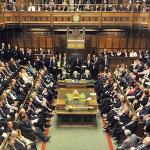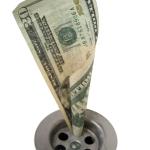If somebody invented a device that could save the lives of millions of smokers, should society encourage its use?
health policy
It is time to question the boondoggle that is and will be the implementation of the World Health Organization-generated International Classification of Diseases, Eleventh Revision (
It is very hard to view health insurers and their actions through an altruistic and caring lens when one of their own simply cannot stop making bad policy.
One thing is for certain in our so-called broken “health system,” devaluing and eroding of the doctor-patient relationship is par for the course these days, typically a first measure without any thoughtful consideration of the profound and extensi
Authors of a newly published piece in The New England Journal of Medicine sought to provide an analysis of who ought to be responsible for obtaining a patient’s consent.
It was such a privilege and honor for me to be invited by the incomparable Suzi Abrams and Jewish Family & Children’s Services of Southern Ne
The “opioid epidemic” consistently addressed in the news, by politicians and throughout social media conflates many aspects of the issue, often speaking interchangeably about prescription medications and illicit drugs.
Yes, you read that headline correctly.
In a just published perspective piece in The New England Journal of Medicine, U.S. Food and Drug Administration (FDA) Commissioner Scott Gottlieb, M.D.
“At all costs” breastfeeding messages are a consistent refrain from












